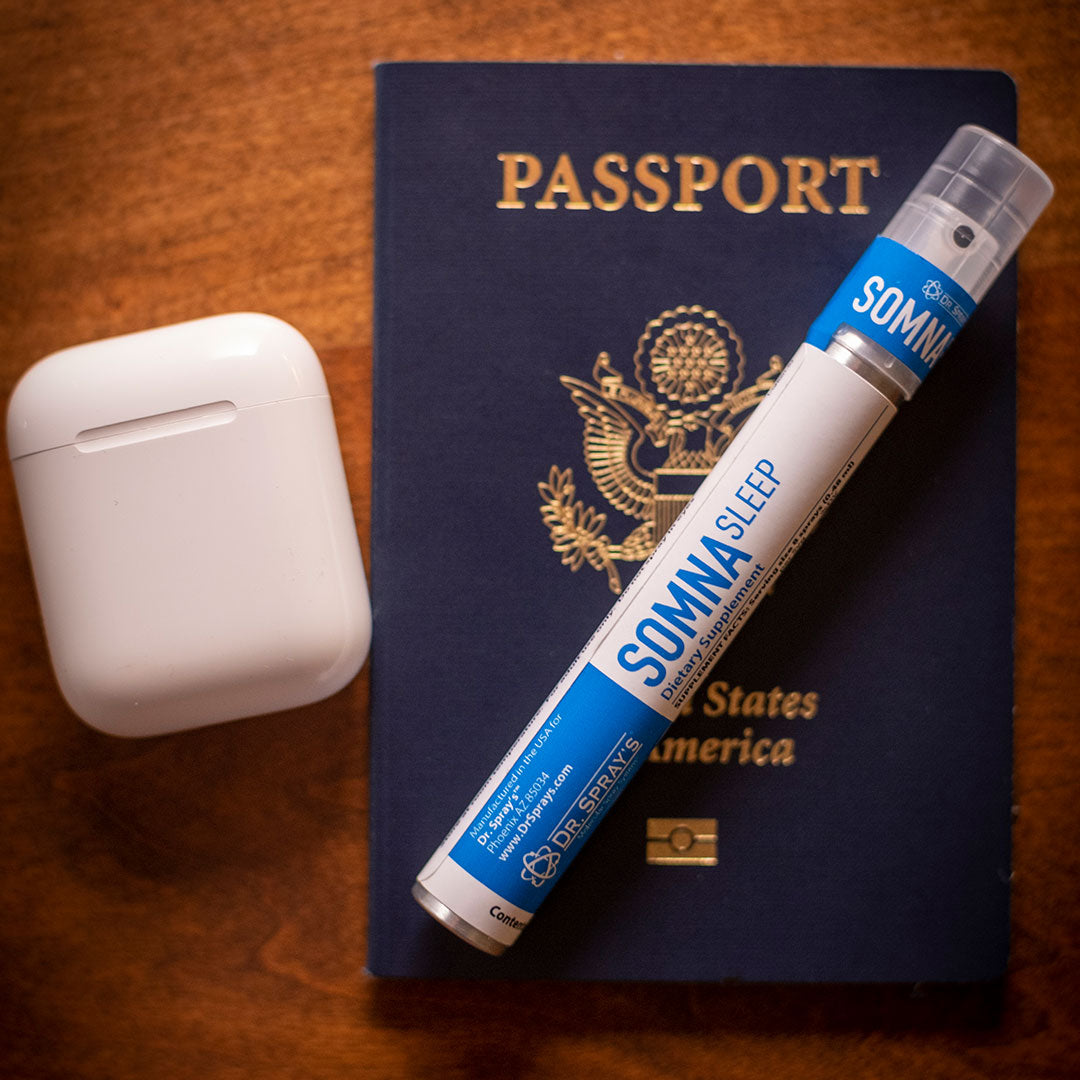How To Put My 2 Year Old To Sleep?
It can be tough getting a 2 year old to sleep through the night. There are a few things you can do to help your little one get the sleep they need.
First, try to establish a bedtime routine. This can help your child know when it is time to sleep. A warm bath, some quiet reading, and a cuddle with mom or dad can all be part of the ritual.
Second, make sure the bedroom is dark and quiet. A nightlight can help provide some reassurance, but too much light can keep your child awake. White noise from a fan or noise machine can also help block out any outside noise that might bother your child.
Finally, don't forget to tuck your child in with a favorite stuffed animal or lovey. This can provide some comfort and security as your child falls asleep.
With a little effort, you can help your 2 year old get the sleep they need to grow and thrive. It can be tough to get a two year old to bed at a reasonable hour.
They have so much energy and seem to bounce off the walls when you
try to put them down. If you're struggling to get your two year old
to sleep, there are a few things you can try.
Try a bedtime routine
A bedtime routine can be very helpful for two year olds. It helps
them know that it's time to wind down and go to sleep. You can try
a bath, reading a book, or singing a lullaby. Doing the same thing
every night will help your child know what to expect and make it
easier for them to fall asleep.
Keep the environment dark and quiet
Two year olds are often sensitive to light and noise. Make sure
their bedroom is dark and quiet so they can relax and fall asleep
more easily. You might want to consider investing in blackout curtains
or a white noise machine.
1. Create a Consistent Bedtime Routine
One of the best ways to help your child get to sleep and stay asleep is to establish a consistent bedtime routine. This means going to bed at the same time each night and doing the same things leading up to sleep. A bedtime routine might include a bath, story time, and brushing teeth. By sticking to the same schedule every night, you'll signal to your child's body that it's time to wind down and start preparing for sleep.
2. Avoid Caffeine and Sugar Before Bed
Another tip for getting your child to sleep better is to avoid giving them caffeine or sugar before bed. Both of these can keep them feeling wired and make it more difficult to fall asleep. Instead, offer them a drink of water or milk before bed.
3. Keep the Bedroom Dark and Quiet
To encourage deep, restful sleep, you'll want to create an environment that's dark and quiet. Consider installing blackout shades in your child's bedroom and using a white noise machine to help block out any outside noise. These simple changes can make a big difference in how well your child sleeps.
4. Avoid Screens Before Bed
It's also important to avoid screens before bed. This includes television, phones, tablets, and computers. The bright light from screens can trick the brain into thinking it's still daytime, making it harder to fall asleep. If possible, power down all electronics at least 30 minutes before bed.
5. Make Sure Their Bed is Comfortable
Finally, be sure your child's bed is comfortable. This means having a mattress that's the right size and firmness for them and using sheets and blankets that are soft and cozy. If they don't love their pillow, try finding one that's more comfortable. Taking these steps will help ensure they're as cozy as possible when they lay down to sleep.










